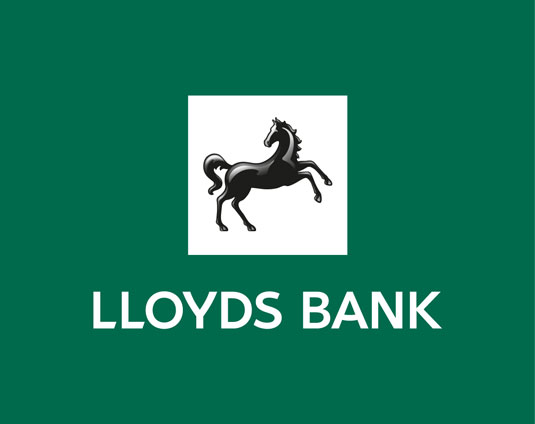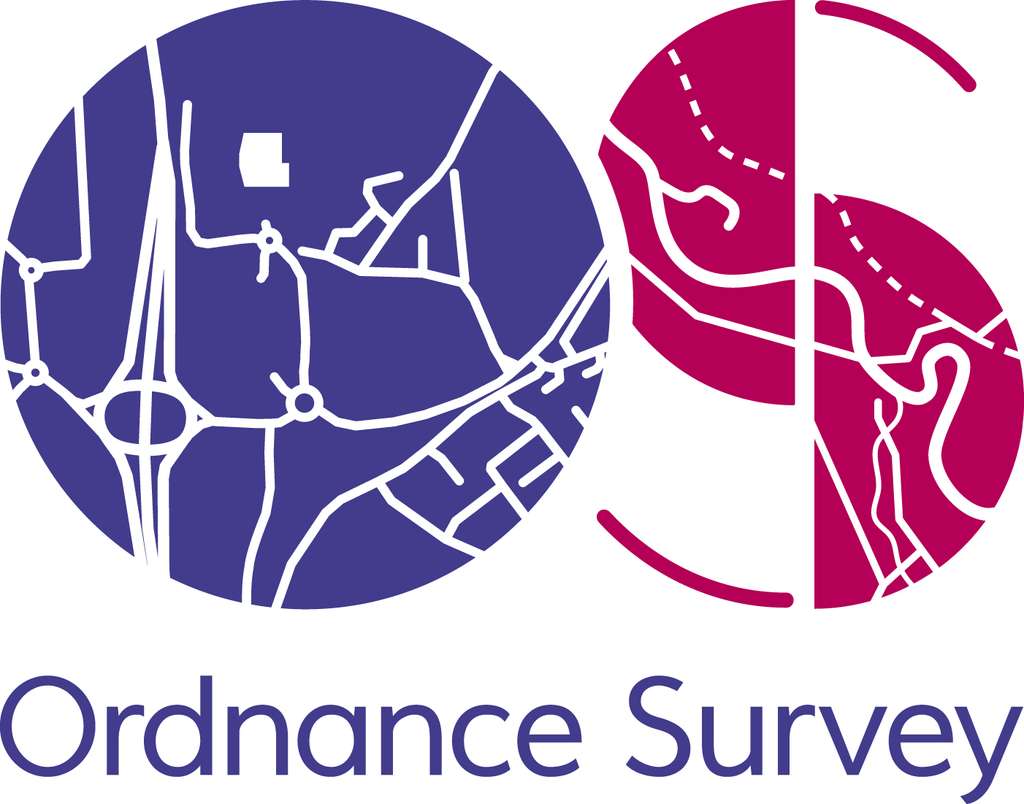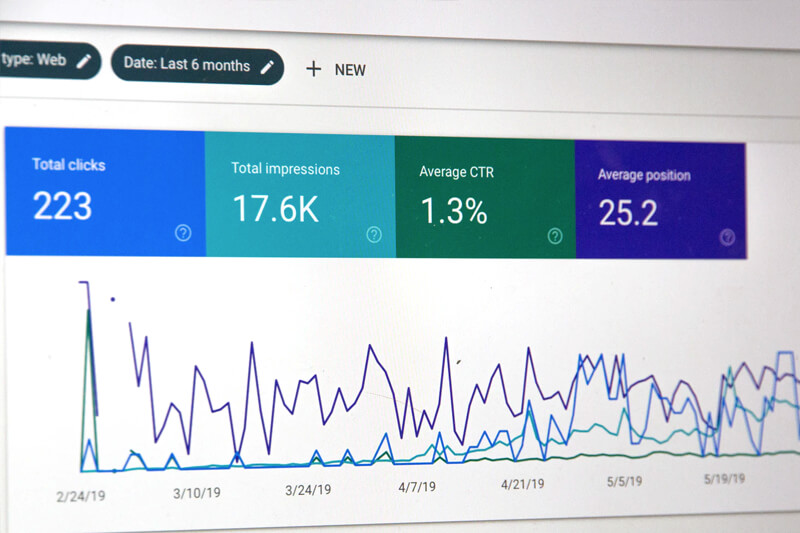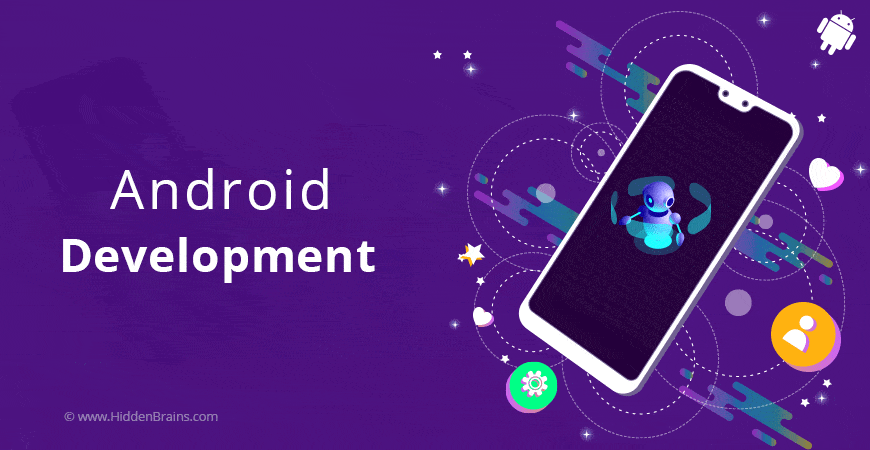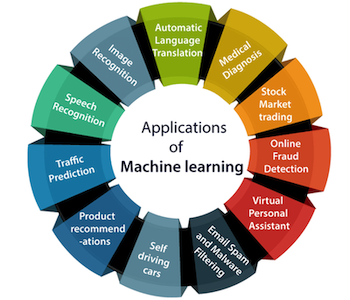Popular Courses
Data Analytics
Data wrangling, feature engineering, merging datasets, data type conversions, string data processing, data structures, numpy arrays, data visualisation.
Machine Learning with Python
Data preparation, feature selection, training and testing a model, supervised and unsupervised learning, regression, classification and clustering. Key algorithms that will be practically examined will be Linear Regression, Logistic Regression, Random Forest Classifier, kNN, and Naive Bayes. The course will also cover metrics for evaluating machine learning models.
Python Programming Fundamentals
Variables, data types, control flow, data structures, functional programming, list comprehensions, Python standard library, exception handling, unit testing, objects and classes.
Machine Learning for Marketers
Segmentation and Targeting, Customer Churn, Customer Life Time Value, Recommendation Engines, Marketing Mix Modelling, Customer Attribution
Notable Customers



